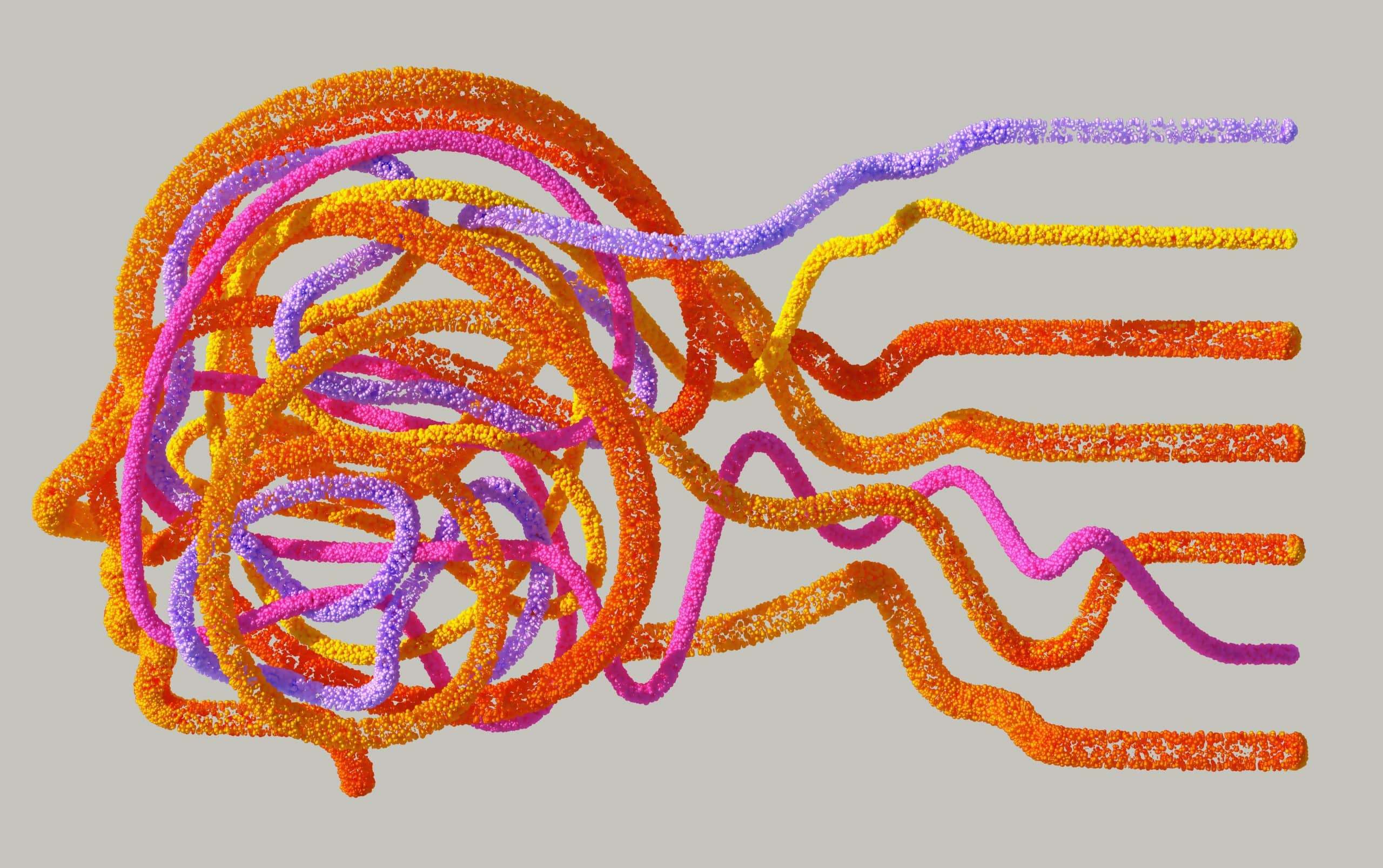Schizophrenia is a mental health condition that severely impacts someone’s thoughts, emotions, and behaviors. Moreover, this mental illness causes delusions, hallucinations, and disorganized thinking in people affected by it. Due to these symptoms, these individuals risk losing touch with reality, making their lives more challenging as a result.
The Elusive Nature of Schizophrenia
Although schizophrenia is a serious illness, many people who have it are unaware that they actually have it. Consequently, these individuals may not accept a diagnosis or won’t seek proper treatment because of their disbelief. Accordingly, researchers have found that people with untreated psychosis are more likely to develop more deliberating symptoms, frequent hospitalizations, worsened cognitive function, and negative social outcomes. Not only that but these individuals also risk obtaining various injuries that can be fatal without intervention to manage symptoms.
Delusions and Hallucinations
Typically, individuals who exhibit schizophrenia symptoms have various problems with their thinking, feelings, and behavior. For instance, delusions are one common symptom of schizophrenia that makes people question if things are true or real. By having delusions, these individuals may believe that they are being harassed or harmed despite no evidence to back up the claim.
Likewise, they may even believe that they possess some extraordinary ability or can predict a tragic event even when proven false. Ultimately, people may believe these falsehoods so strongly that they cannot be convinced of anything different, complicating the diagnosis and treatment process even more.
People with schizophrenia may also suffer from hallucinations where they perceive things that aren’t real to anyone else. For example, hearing voices for these individuals is one of the most common types of hallucinations. Moreover, these hallucinations can feel real and even put people in dangerous situations without them being aware.
Disorganized Thoughts and Behavior
Another symptom of schizophrenia is disorganized thinking and speech, which affects how people communicate with others. Getting an answer to a simple question may prove challenging as these individuals may give an incomplete or unrelated response. In some cases, those with the disorder may have jumbled speech and use incoherent words and phrases, known as “word salad.” Ultimately, they may find it difficult to engage socially because of this disorganization in thinking and communicating.
Furthermore, schizophrenia can cause individuals to perform uncharacteristic motor behaviors or become extremely disoriented. This troublesome behavior ranges on a spectrum from someone being purposely agitated or engaging in inappropriate and childlike actions. What’s more? People may have a hard time following instructions or doing tasks because they often lack focus.
On the other hand, negative symptoms of schizophrenia may show a decline in someone’s ability to function as they did before their illness. These individuals may struggle with emotional flatness and monotone speech, diminishing self-care, or unable to experience happiness and pleasure. Due to negative symptoms, they may lack motivation, withdraw socially, or have difficulty planning daily activities, disrupting their quality of life.
Symptoms in Adults and Teenagers
https://gty.im/1523754934
Overall, schizophrenia symptoms have various types and severity levels that either improve or worsen over time. Usually, this mental disorder is diagnosed in people in their later teens and early adulthood. While symptoms tend to manifest in men during their late teens and early 20s, women are mostly affected in their late 20s, early 30s, or even later in life. However, children don’t usually show signs of schizophrenia, which explains why childhood diagnoses are uncommon.
Although teenagers show similar schizophrenia symptoms as adults, they’re much harder to identify. For many teens, early signs of schizophrenia become present when they withdraw from family and friends or have poor performances in school. More than that, teenagers showing symptoms may struggle with depression and lack of motivation, causing irritability and sleep issues. To add further, these early symptoms tend to appear before the most serious ones do, however, teenagers are more likely to experience hallucinations than delusions.
Final Thoughts
Unfortunately, people with schizophrenia have higher instances of being impacted by suicidal ideation and attempts. Therefore, these individuals must get the help they need as proper treatment can reduce the risk of suicide. Since they may be unaware of their mental health condition, friends and family may have to get them assistance and reach out for help on their behalf. Even if they don’t want to seek help, communication and providing support can do some good for these individuals.
However, in some cases, they may need an emergency hospital stay to stop them from hurting themselves or others. If so, being aware of the laws regarding involuntary treatment is important information to know to get them the best support possible. Lastly, a mental health professional should be the one to evaluate and treat schizophrenia as this mental disorder is often too severe for family and friends to help them alone.
Disclaimer: This article is intended simply to provide information. It does not replace the medical advice of a physician or other medical professional. Please speak with your doctor or therapist if you have any questions or concerns.










